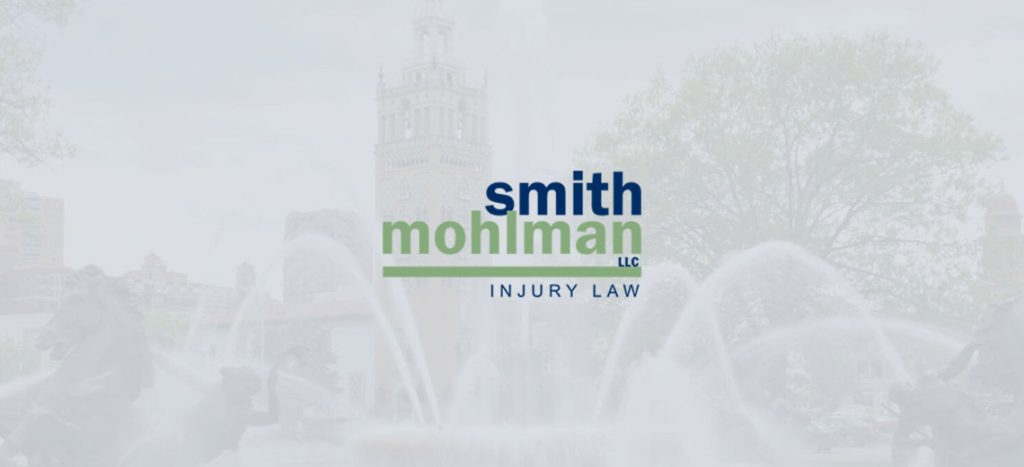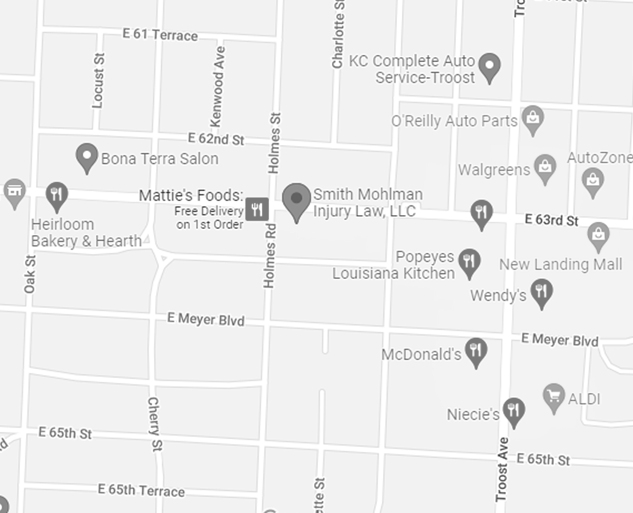Human error is responsible for almost 95 percent of car and automobile crashes. Thanks to the technological leaps being made in society, there is hope that the development of self-driving cars will reduce the number of crashes and collision related injuries and deaths. However, advancement of the auto industry has left consumers, manufacturers, legislators, lawyers and insurance agencies with a few questions: what does the future hold in terms of personal injury liability and who is to blame in the event of a self-driving vehicle crash?
There are currently countless auto and technology companies testing autonomous, or “self-driving” cars, and the technology needed to run them. In California alone, there are 42 tech companies and automotive manufacturers testing 285 autonomous cars. Testing of self-driving cars is spreading across the nation – with New York City now allowing General Motors to test their vehicles in a more challenging, congested city setting.
Both houses of Congress in the United States have passed legislation making it easier for car manufacturers to bring self-driving cars to market in a shorter amount of time. Many automakers and technology companies hope to have autonomous cars available for purchase by 2020. Previously, federal regulations stated self-driving cars must have human controls (i.e. steering wheel, brakes, etc.). Under Congress’s new legislation, manufacturers will be able to seek exemption for this rule to allow fully autonomous vehicles to operate on U.S. roads by demonstrating that self-driving cars are at least as safe as existing vehicles by submitting safety assessment reports to regulators.
While new legislation is a win for automakers of autonomous cars, there is still uncertainty about who is responsible in the event of a vehicle crash involving a self-driving car. Vehicle turnover is incredibly slow, meaning in the near future there will be semi-autonomous, fully autonomous, and human driven cars all on the road at once. This eclectic mix of vehicles will make it difficult for the insurance industry and regulating entities to place rules and regulations that cover liability.
Already, there have been collisions and lawsuits involving autonomous cars – including a collision that occurred in California between a General Motors Cruise and a motorcycle. Before this particular crash, GM’s cars had been involved in no less than six collisions. The motorcyclist involved in the crash is suing GM for the accident, a case which could set a precedent on liability in wrecks involving self-driving cars.
General Motors is not the only major automotive manufacturer that has had autonomous vehicles involved in collisions. Argo – Ford’s self-driving firm – was involved in a crash that sent two people to the hospital.
The question of liability during the testing of autonomous vehicles is more clear when they are operated by the company developing the technology. Once self-driving cars become available for purchase by the general public, however, the responsibility for a collision becomes much more ambiguous. Do drivers – who are likely not in direct control of the vehicle – have liability, or are the automakers and technology companies who manufactured the vehicle at fault? This question is currently an open one.
If you or someone you know has been injured in an auto accident, please call Smith Mohlman Injury Law at 816-866-7711 for a free consultation. You can also fill out a Contact Us form on our website.



